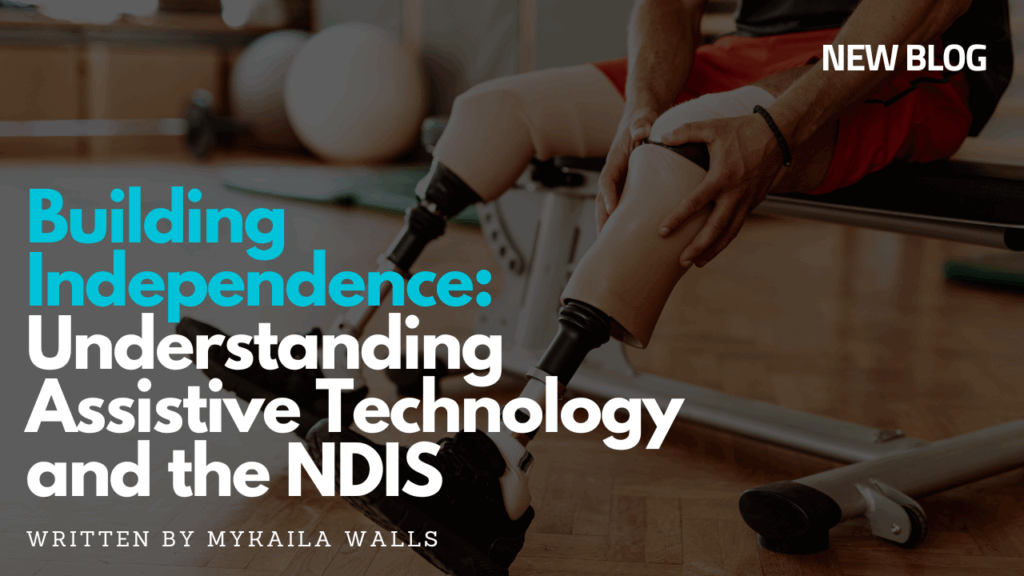What is World Assistive Technology Day?
World Assistive Technology Day is a global awareness event that is held on 4 June each year. This awareness day aims to raise awareness about the importance of assistive technology and the limitations in access to it worldwide. According to the 2022 Global Report on Assistive Technology by the World Health Organisation (UNICEF, 2022), over 2.5 billion people globally require one or more assistive technology devices, including but not limited to mobility devices, hearing aids or communication apps. However, this report identified that around one billion of these individuals, particularly those within lower- and middle-income countries are denied access.

What is the NDIS role in assistive technologies?
Those who receive funding through the NDIS and require assistive are able to have these funded through the NDIS to allow for access to devices such as mobility aids, communication devices and home modifications. Allied health professionals are able to assist NDIS participants throughout this process.
How to apply for assistive technology.
While the NDIS funds assistive technology, it is based on individual needs, with the process varying based on the cost and complexity of each item. Within an application, it is necessary to include an explanation of how the assistive technology supports a participants NDIS goal, evidence from allied health professionals and a quote for the item.
Moreover, the NDIS have guidelines on how they approve an assistive technology device including reviewing the following:
- Is it a reasonable and necessary for this participant, based on their disability and goals.
- It must help reduce the impact of a disability on daily function or participation.
- Support the participant’s NDIS goals.
- Be value for money.
- Be effective and beneficial and not be more appropriately funded elsewhere.
What is an Exercise Physiologist’s role in recommending assistive technologies?
An Exercise Physiologist can assist NDIS participants throughout an assistive technology process. Within the NDIS scheme, an Exercise Physiologist is able to support participants by:
- Assessing physical function and movement goals.
- Designing tailored exercise programs that compliment assistive technology use, including but not limited to wheelchairs, four-wheel walkers and prosthetics.
- Promote improvements in muscular strength, endurance and balance to facilitate increases in functional independence.
- Support ongoing participation in weekly physical activity, therefore increasing independence within the community and daily life.
Moreover, Exercise Physiologists are able to collaborate with other allied health professionals, including but not limited to Occupational Therapists, Physiotherapists and Support Coordinators. This allows for recommendations to be provided regarding specific assistive technology devices, in addition for avocational reports to be written explaining the benefits of specific devices based on an individual, their goals, and current limitations.
Written By Uplift EP, Mykaila Walls

